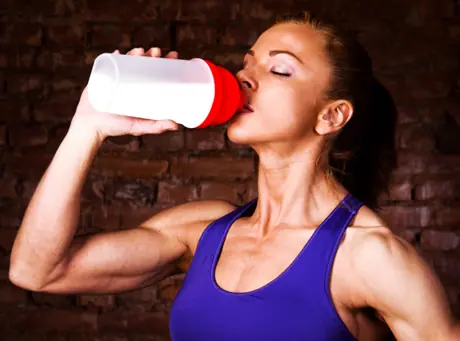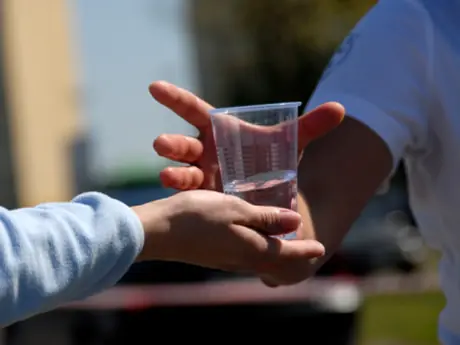Many runners, veterans and newbies alike, begin running for one or more of the same reasons. The two most common reasons: To lose weight and to gain fitness.
The question is whether being a fitter runner allows you to become a thinner runner, or if gains in fitness actually limit your ability to lose weight. To answer that question, we sometimes ask a similar question, "Who burns more calories: a new runner or a seasoned veteran?" The answer isn't quite as simple as the question. To come to the best conclusion, we have to consider the factors that affect caloric burn.
Body Weight
Body weight is the biggest determinant of how many calories we will burn while running or doing any other weight-bearing exercise. The heavier an object is, the more energy it requires to move.Likewise, body weight is the biggest determinant of resting metabolic rate, or the energy required each day to maintain current body weight while at rest. Again, the larger the body, the more the caloric burn. If one is achieving their goal of weight loss from following a running routine, then it would appear that the more experienced they become at running the fewer calories they would burn while running—simply due to a decreasing body mass.
More: 13 Reasons to Do Bodyweight Exercises
Efficiency of Movement
Another factor to consider is the efficiency of movement. At the most basic level, a new runner would in fact burn more calories than an experienced runner if both runners were the same height and body weight, were running the same distance at the same pace, and were running under the same conditions. This is due to the fact that individuals who are new to the sport of running aren't as efficient in their movements and use of muscles as runners who have been doing the sport for a while.
Inefficiency in movement leads to inefficient use of energy due to the body having to work harder to move, which results in a higher caloric burn under the same set of conditions.
More: How to Increase the Calorie-Burning Effects of Running
Type of Fuel Being Burned
A third consideration is the type of fuel that is burned while performing exercise. At any given moment, we burn a combination of carbohydrate, fat and protein from our body stores and the foods we eat. When we exercise, the fuels we use for energy are determined primarily by the intensity of the exercise, or more importantly, the availability of oxygen. When oxygen is easily available, as in low-intensity running, we use fat as a primary fuel source. As oxygen becomes less available or we begin to consume it at a higher rate, we begin to burn more carbohydrate through a combination of aerobic and anaerobic metabolism.
- 1
- of
- 2
About the Author

Get ACTIVE on the Go


13.one Half Marathon
Get expert advice and guidance as you progress in your journey to becoming an avid runner.
Available for iOS






Discuss This Article